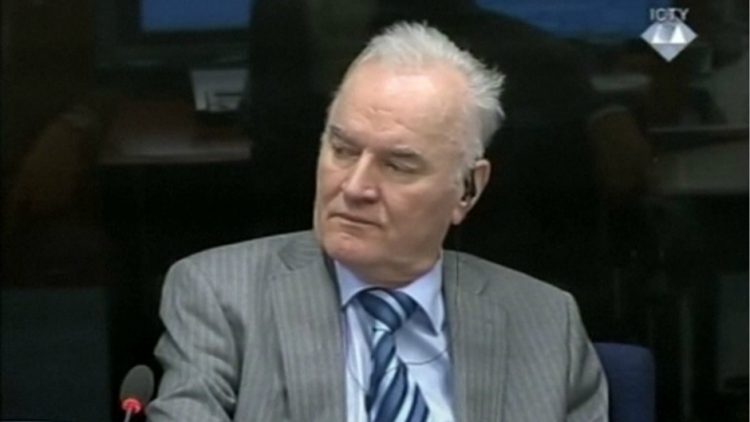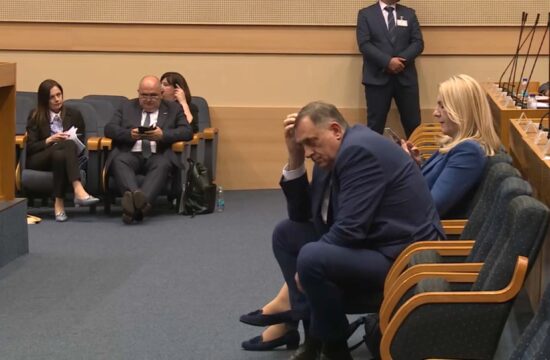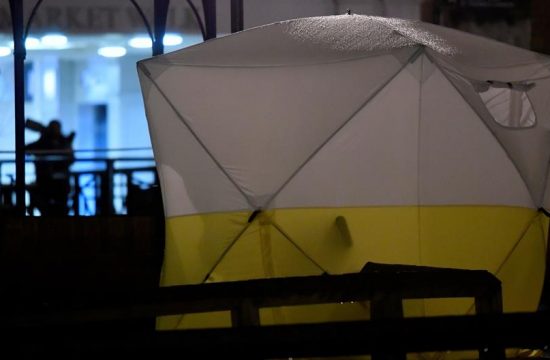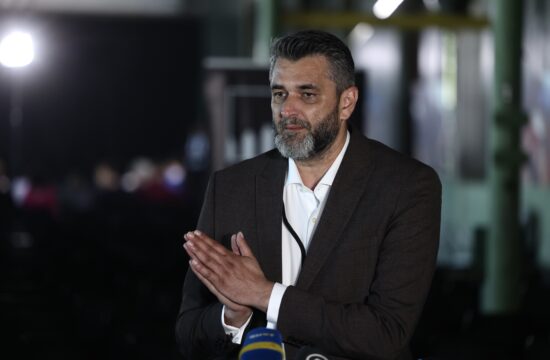
Judge Jean-Claude Antonetti accepted the appeal by war crime suspect Ratko Mladic's defence and excluded Carmel Agius, Liu Daqun and Theodor Meron from the second-instance procedure in this case, The Hague-based tribunal confirmed for N1.
Following the decision that Antonetti issued on Wednesday, the Mechanism for Criminal Tribunals (MICT), the successor of the International Criminal Tribunal for the former Yugoslavia (ICTY), appointed three new judges in this case.
Mladic's attorney, Miodrag Stojanovic, told N1 that the judges were disqualified due to the “appearance of bias” in the case.
Stojanovic assessed this decision as spectacular and interesting.
According to him, although unexpected it is right and rightful.
“This is a spectacular decision. Because it is happening for the first time that judges such as Theodor Meron, who was presiding, Carmel Agius, who was the court president, and Liu Daqun, are exempted from a case”, said Stojanovic adding that Mladic's defence team already held consultations to discuss possible reflections on the case.
“It is a general assessment that this is going to last a bit longer,” he concluded.
Earlier during the first-instance procedure Mladic's team of lawyers cited the parts of the verdicts written by judges Meron, Agius and Daqun in which they, according to the attorney's opinion, passed unacceptable conclusions referring to their client.
“The decision said there was an objective practice of the European Court of Human Rights that prejudice of judge might occur,” Stojanovic said, adding that judge Antonetti assessed it would be fair to disqualify them from the case.
According to Stojanovic, the judges from the Uganda, Madagascar and Burkina Faso will replace the disqualified ones. He also recalled that the final verdict in Mladic cannot be expected before the end of 2019
The ICTY sentenced on November 22, 2017, former Bosnian Serb military chief Ratko Mladic to life imprisonment, convicting him of 10 charges of genocide, crimes against humanity and war crimes for his role in the atrocities during the 1992-95 Bosnian war.
Mladic was acquitted of charges for genocide in six Bosnian municipalities.




